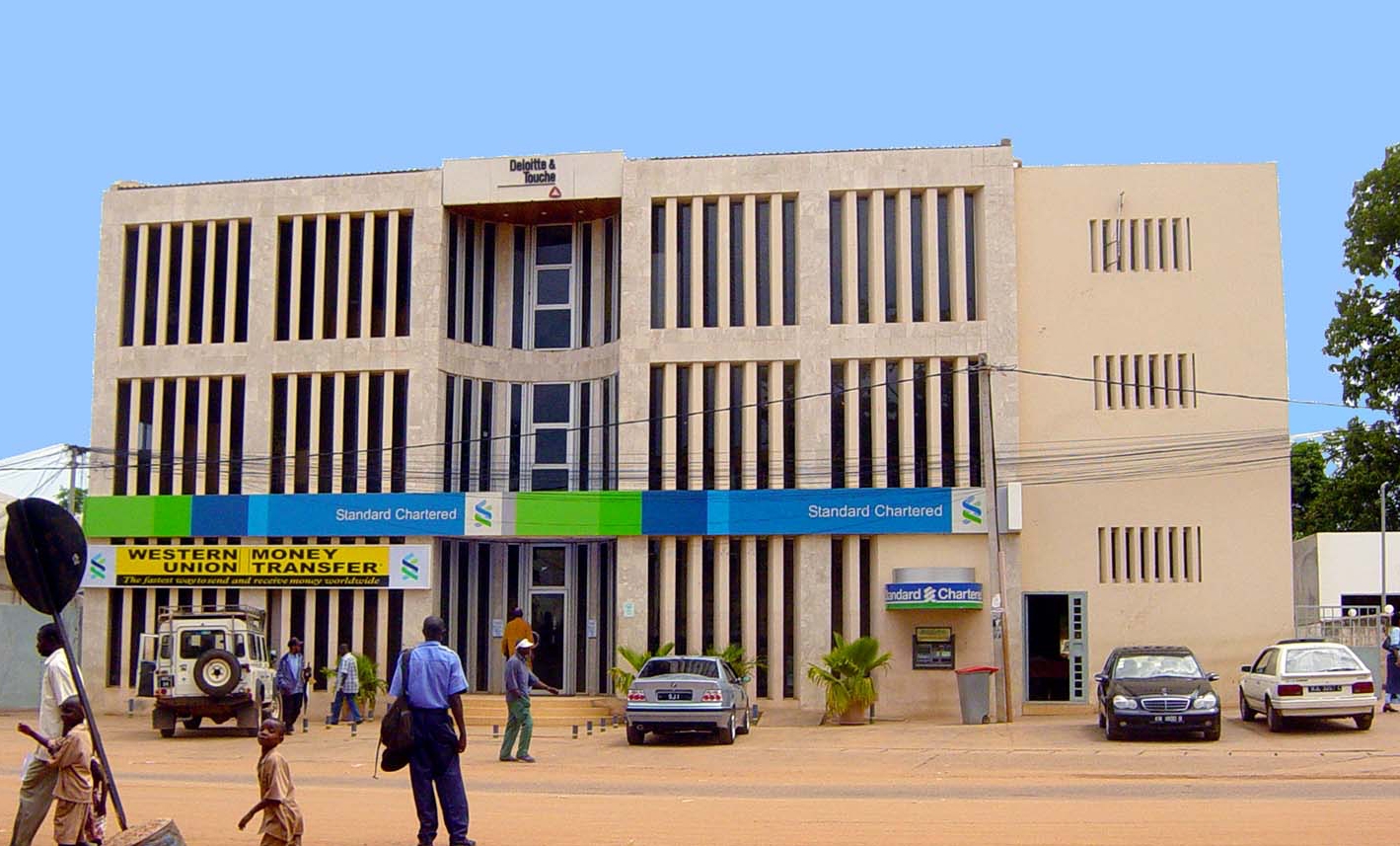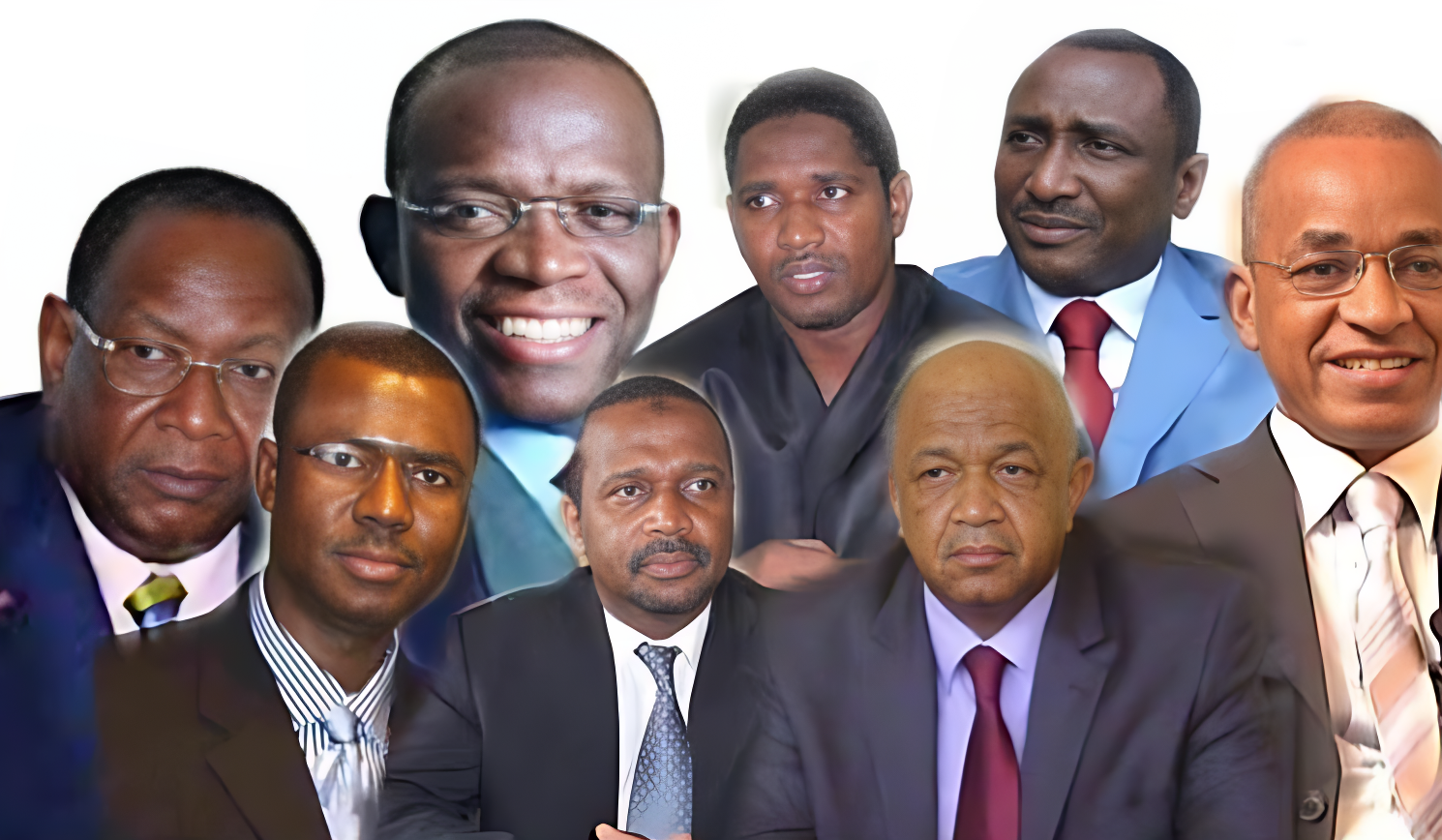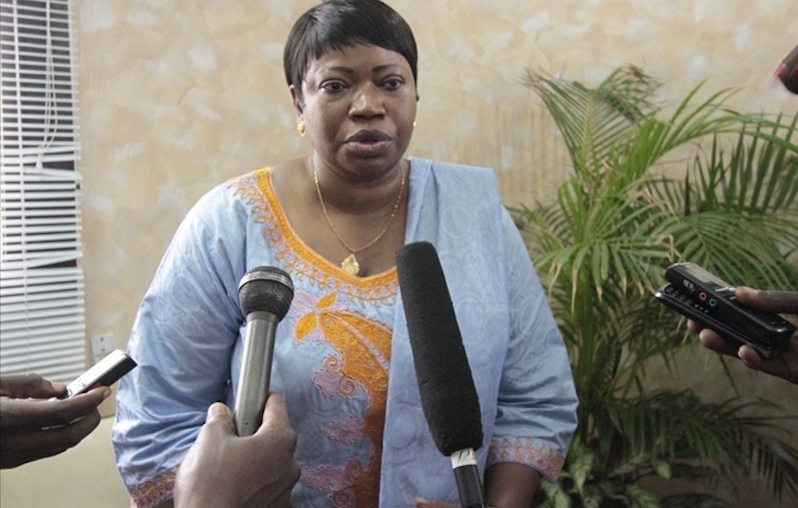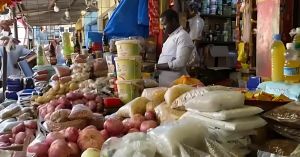Fatou Bensouda, former International Criminal Court head prosecutor and former Gambia justice minister, has been named to Forbes’ list of the 100 most powerful women in the world for 2023. There are ten African women on this long-awaited list who have made significant contributions in domains such as politics, business, education, health, journalism, and social activism.
Forbes is a global media corporation specializing in business, investing, technology, entrepreneurship, leadership, and lifestyle.
Every year, Forbes compiles a list of 100 women who embody the diversity, strength, and promise of African women who, by their vision, leadership, and courage, are influencing the continent and the world. Millions of young girls and women strive to follow in their footsteps and make a difference in their communities and beyond.
The Forbes most influential award acknowledges the achievements of African women in tackling global challenges like poverty, inequality, climate change, conflict, and human rights, while also promoting economic growth, social development, and cultural diversity.
The Award highlights the challenges African women face, including discrimination, violence, harassment, and stereotypes. They balance multiple roles and responsibilities, lacking resources, infrastructure, education, and security. The award calls for action to support and empower African women by recognizing their rights, respecting their dignity, and investing in their futures. It encourages African women to pursue their dreams with confidence and determination for a more inclusive, equitable, and sustainable world.
This year, Fatou Bom Besouda has been named along with the following African Women
Ngozi Okonjo-Iweala, the director-general of the World Trade Organization and former finance minister of Nigeria.
Tsitsi Dangarembga, the Zimbabwean novelist, filmmaker, and activist who was shortlisted for the Booker Prize in 2020.
Amina J. Mohammed, the deputy secretary-general of the United Nations and former environment minister of Nigeria.
Ellen Johnson Sirleaf, the former president of Liberia and Nobel Peace Prize laureate.
Chimamanda Ngozi Adichie, the Nigerian writer and feminist icon whose books have been translated into over 30 languages.
Sahle-Work Zewde, the president of Ethiopia and the only female head of state in Africa.
Phumzile Mlambo-Ngcuka, the executive director of UN Women and former deputy president of South Africa.
Yvonne Aki-Sawyerr, the mayor of Freetown, Sierra Leone and a champion of urban resilience and sustainability.
Oby Ezekwesili, the co-founder of Bring Back Our Girls and former education minister of Nigeria.










